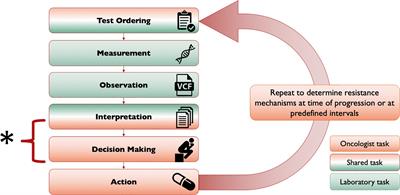REVIEW
Published on 19 May 2020
Evaluation of Somatic Hypermutation Status in Chronic Lymphocytic Leukemia (CLL) in the Era of Next Generation Sequencing

doi 10.3389/fcell.2020.00357
- 17,479 views
- 18 citations
17k
Total downloads
71k
Total views and downloads
REVIEW
Published on 19 May 2020

REVIEW
Published on 19 May 2020

MINI REVIEW
Published on 08 May 2020

REVIEW
Published on 17 Mar 2020

MINI REVIEW
Published on 18 Feb 2020

MINI REVIEW
Published on 11 Feb 2020

REVIEW
Published on 17 Jan 2020

BRIEF RESEARCH REPORT
Published on 30 Apr 2019
